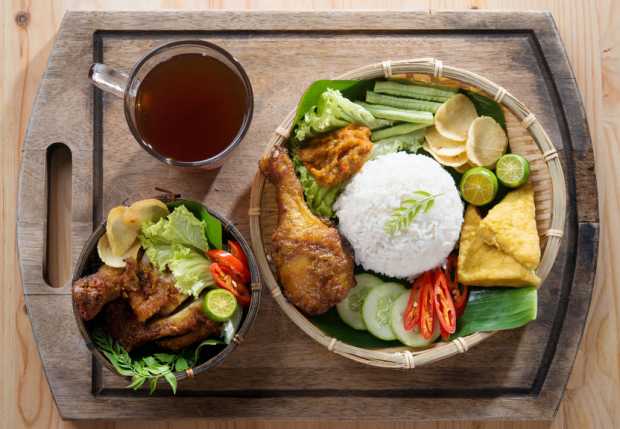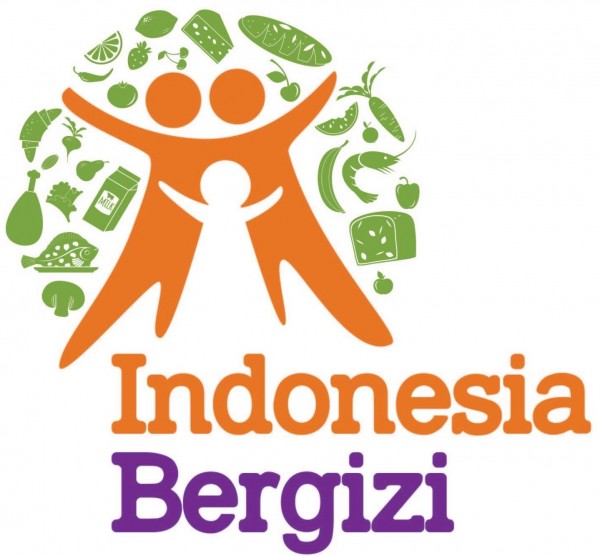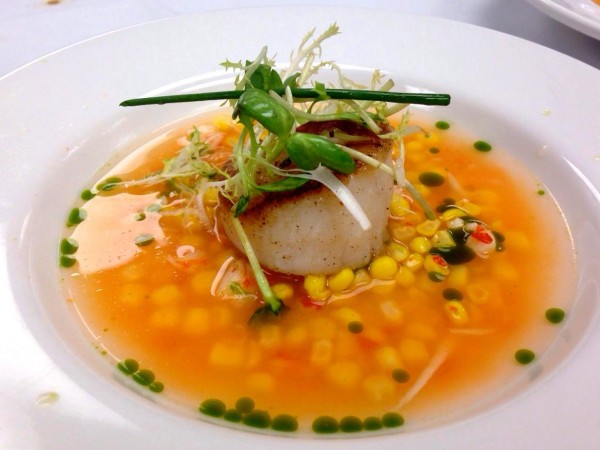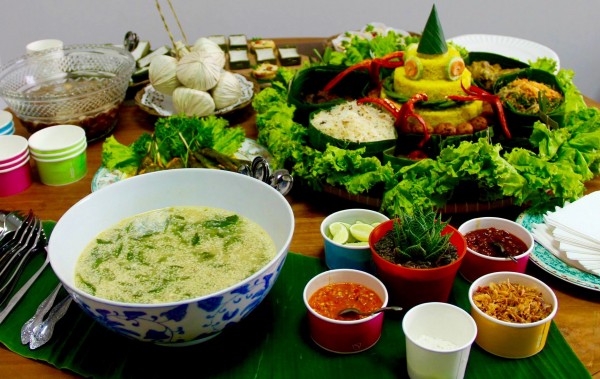Not a member yet? Sign Up!
Info
Please use real email address to activate your registration

Indonesia, an archipelagic country with 250 million people, is facing nutrition challenges, among others: complex nutrition issues and conditions, a need to strengthen National Nutrition Program focusing on the "1000 First Day of Life," and lack of communication forum about nutrition in Indonesia that provides exchange of information on nutrition science, research and development.
Indonesia Bergizi
To promote and to facilitate cross partnerships among stakeholders, several organizations established an entity called Indonesia Bergizi (IDGizi). It is a consortium initiated last year by Japfa Foundation with its partners: Omar Niode Foundation, the Academician of the Faculty of Public Health University of Indonesia, PT Media Pangan publisher of Food for Kids, PT Selaras Hati Sejahtera and Company-Community Partnership for Health Indonesia.

The consortium organized its first national conference focusing on Child and Adolescent Nutrition, with three Working Groups: Science/Academic, Economic and Social, and Creative Group. Each group aimed at triggering and facilitating the parties concerned to discuss the nutritional problems of children and adolescents according to the views, the expertise and perspectives of each participant.
Benefits of Traditional Foods
As a nonprofit organization working to raise awareness on the quality of education and human resources in the field of agriculture, food, and culinary arts, the Omar Niode Foundation promotes traditional foods as a way to improve nutrition.
The Nourished Kitchen suggests that those cultures consuming native, unrefined foods prepared according to time-honored traditions enjoy better health than those consuming a largely refined diet of modern foods. Infertility, heart disease, diabetes, autoimmune disease, mental illness, obesity, dental cavities and other diseases were largely absent in cultures subsisting on a native diet of unrefined foods.
 Image: Ngarto Februana/123rf.com
Image: Ngarto Februana/123rf.com
McGill University researchers in Canada describe the benefits of including traditional food in the diets as: 1) Less calories ¬- helpful for weight control. 2) Less saturated fat -- better for the heart. 3) More lean meats and fish. 4) More iron -- better for muscles and blood. 5) More zinc -- better for wound healing and fighting infection. 6) More Vitamin A -- better for vision and fighting disease. 7) More calcium -- better for strong bones and teeth • Strengthened cultural capacity and well-being.
An example of nutritious traditional food is binthe biluhuta, a classic corn soup from the Province of Gorontalo in Indonesia.
Binthe Biluhuta Gorontalo
Dr. Arifasno Napu, a nutrition expert on Gorontalo traditional food explained the nutrition benefits of consuming binthe biluhuta. Corn as the basic ingredient is a staple food and source of carbohydrates. Shrimp or fish in the soup is a source of protein while grated coconuts; a must ingredient is a source of fat. Binthe biluhuta also has basil, spring onion, and eggplants, the vegetable source of vitamins and minerals. Seasonings are up to taste and usually include: salt, chili, onions, and lime. The dish can also prepared for vegetarians by removing the animal products. Just looking at the ingredients we know that binthe biluhuta is fresh, increases endurance, and prevents constipation.
 Image: William Wongso
Image: William Wongso
In Gorontalo corn also has a philosophical meaning. When Gorontalo kings still rule, in the 15th century there were often wars to seize territory to conquer little kingdoms. Corn processed into kernels is an interpretation of disarray, but when spices mixed with corn kernels produce delicious binthe biluhuta, it is food that symbolizes unification of the fighting kings.
Napu is the initiator of “Nutrition Education Based on Gorontalo Traditional Food.” It is a local content in a curriculum for Gorontalo schools where students learn about nutrition knowledge, preservation of culture, and solving food and nutrition problems.
 Image: Diana Taliun/123rf.com
Image: Diana Taliun/123rf.com
An interactive program held by RRI Gorontalo, a public radio, is one way to encourage people to recall the types of traditional foods that are now rarely served in Gorontalo. Listeners contacted RRI mentioning various types of traditional dishes familiar to them and observed that during an event where international food is paired with traditional Gorontalo food, guests prefer their traditional food.
Solutions to Nutrition Issues
IDGizi that plans to organize its second national conference in the last quarter of this year, outlines the following as solutions to nutrition challenges in Indonesia: 1) Forming partnerships and communication forum for all stakeholders to synergize the works of nutrition stakeholders in Indonesia. 2) Triggering partnerships across government, private sector and the general public to holistically solve nutrition problems 3) Strengthening the "1000 First Day of Life" programs with a variety of nutritional programs for other life phases. 4) Providing access to partnerships, information and public funding to all who care about nutrition improvement.

These solutions in our opinion should include discourses on traditional foods, those foods which nourished our ancestors throughout history and prehistory prior to the industrialization of food that began in the 19th century. Today, according to McGill researchers, a mix of market and traditional food is common for most people, but traditional food remains an important source of many nutrients.
---------------------
Images:
Cover: Szefei/123rf.com. All others: Omar Niode Foudation unless otherwise noted